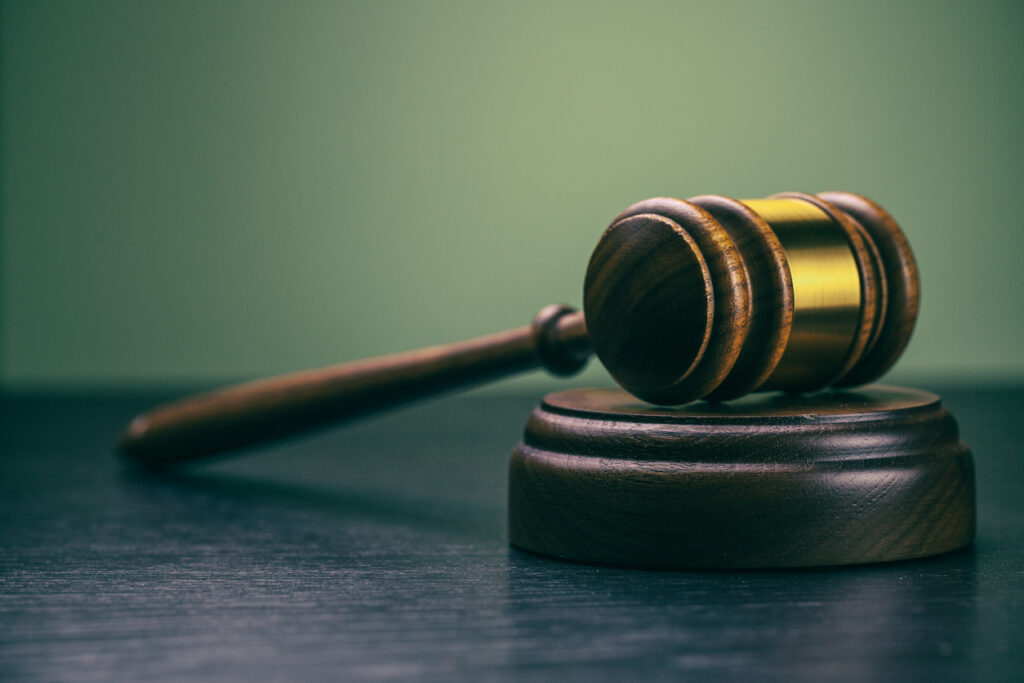The case of Howell Jones LLP 11846-2018 has thrown doubt on the extent to which law firms can act for a client who has suffered from a mistake caused by a solicitor in the firm.
Facts of the case
Howell Jones LLP acted for a husband (H) in divorce and financial proceedings. Following legal advice, H settled the financial aspects of the divorce.
H subsequently complained about the settlement. The firm obtained counsel’s advice, who concluded that the settlement was not as favourable to H.
Taking into account conflict of interest, and having informed its insurers, the firm wrote a frank and open letter to H, admitting and apologising for its mistake. The letter stated that H could sue Howell Jones if he wished and either: take independent legal advice, or continue to instruct Howell Jones on the basis that the firm would seek to overturn the settlement at its own expense.
H accepted the apology and the offer to continue as the firm’s client. His legal fees totalling £6,238 were refunded. In addition, Howell Jones agreed not to charge H for the attempt to set aside the settlement and indemnified H against any adverse costs, should the attempt to set aside the settlement agreement fail.
Unfortunately, the application to set aside the settlement did not succeed. Adverse costs were set at £35,000, which Howell Jones duly paid to H.
H then complained to the Legal Ombudsman, who awarded him an additional £50,000, which was also covered by the firm.
The SRA investigation
The matter came to the attention of the Solicitors Regulation Authority (SRA), who investigated and brought the firm before the Solicitors Disciplinary Tribunal (SDT) on the grounds that it had acted in breach of the Code of Conduct, in circumstances where there was an own-interest conflict.
In its judgement, the SDT concluded that Howell Jones had, “not ceased acting when it should have done and this was fairly described as an error of judgement”. The firm agreed to pay a £5,000 fine and costs to the SRA of £26,850. The overall cost to the firm and/or its insurers therefore totalled around £150,000.
It may be of interest to note that had this been a smaller firm or sole practitioner, the total costs may have made them bankrupt.
Implications
The decision in Howell Jones LLP 11846-2018 has the following potential consequences:
- Solicitors who attempt to resolve mistakes with pragmatic approaches may no longer feel they can do so and will thus be forced to cease acting. Legal costs will therefore undoubtedly increase for the affected client.
- Solicitors may feel that despite correctly following their professional obligations in being open and honest with clients about mistakes, they are still being penalised.
- This may increase claims for professional negligence against law firms in situations where firms have honestly and genuinely made a mistake, are open with the client about it and take necessary steps to address the issue.
Commenting on the case, Gregory Treverton-Jones QC raises the inherent worry that law firms could now be forced to send clients to another firm rather than put things right at their own expense when they identify an error. He added that, ‘The SRA does not seem to consider that an own-interest conflict can be cured by the sort of pragmatic solution that has been in place for decades. The only winners will be professional negligence lawyers.’
Conclusion
The purpose of the SRA as a regulatory body is to maintain the reputation of the profession and ensure that solicitors work to high standards. Common sense tells us that this often means coming up with pragmatic solutions to problems, to ensure that clients get the best possible service.
In this case, the SRA penalised Howell Jones for attempting to put matters right at their own expense, giving the client the option of taking independent legal advice and informing him of his right to sue them. This is contrary to both the client’s interest and the reputation of the profession.
Looking at the way the SRA handled this case, can one conclude that it is really achieving its purpose?

